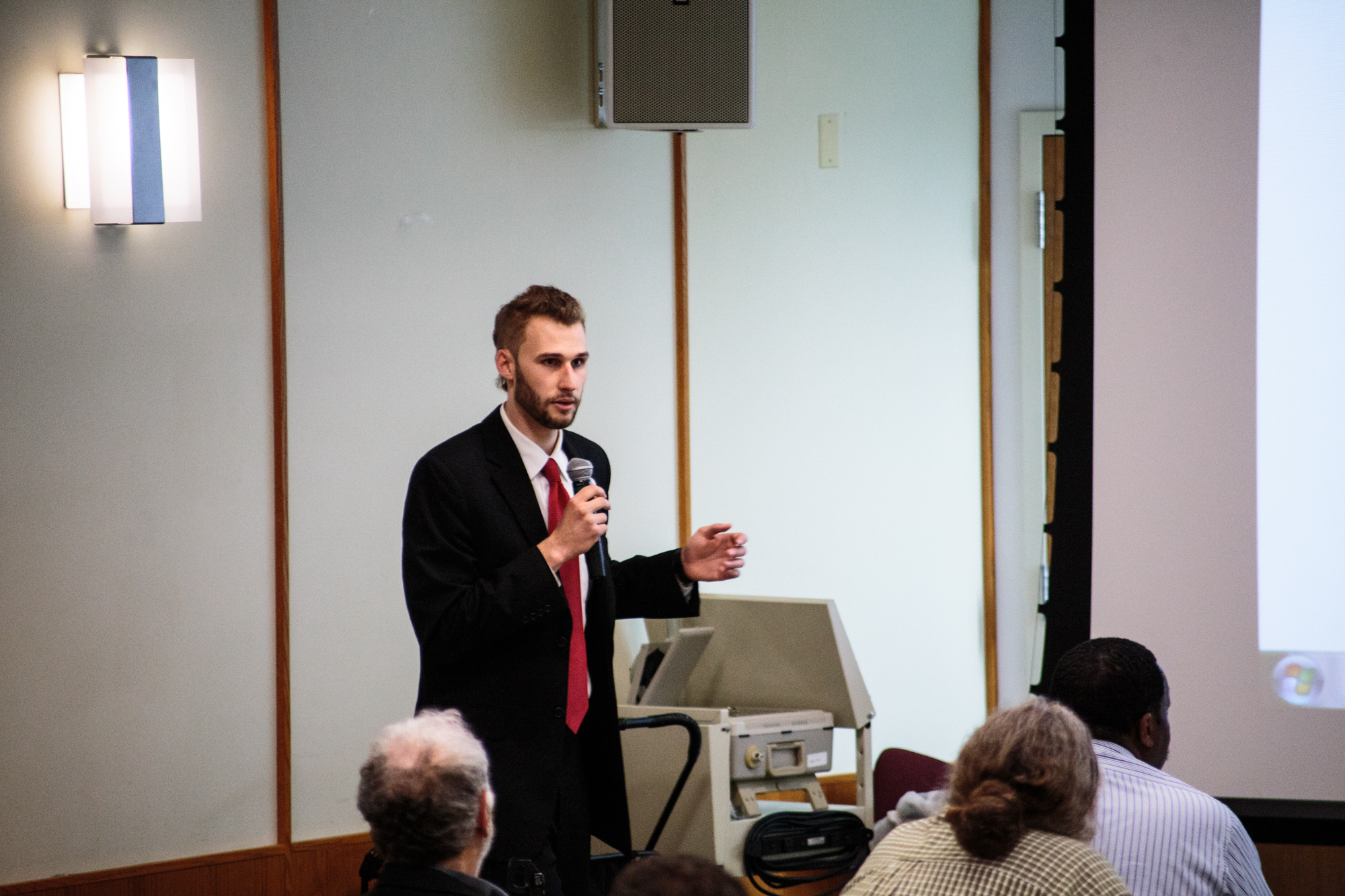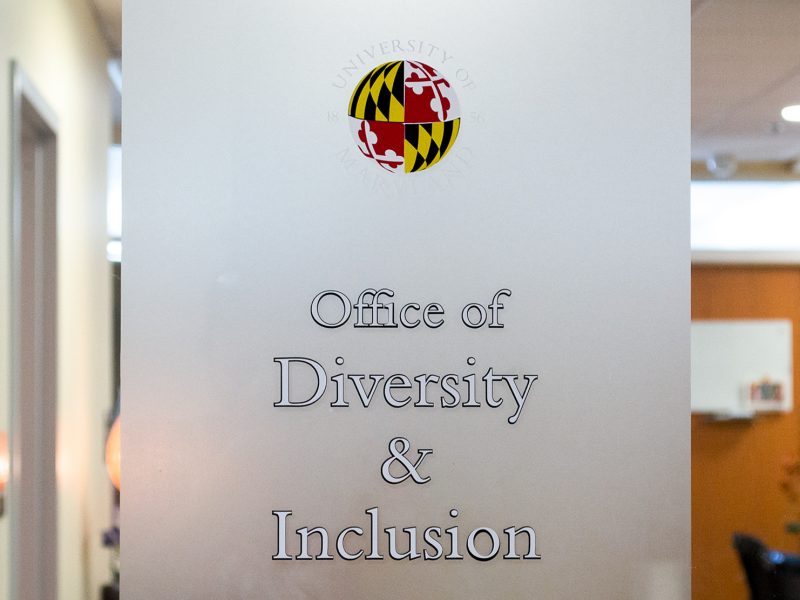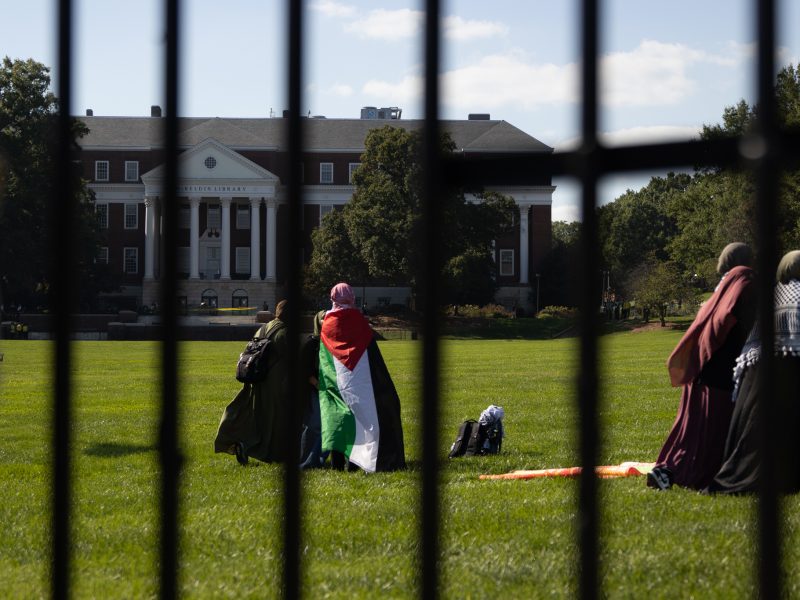Grace Kim, a fifth-year nutritional science student, said she doesn’t know much about sexual assault, and cited a lack of university programming as one of the reasons why.
Kim said her women’s studies class or other humanities courses may touch on sexual misconduct prevention, but in her experience, the topic is generally not discussed on the campus.
“I don’t know how much people know coming into the university about sexual assault because everyone comes from different backgrounds,” Kim said. “It would be good to get everyone on the same page and to let students know that it can happen here.”
A University Senate task force is hoping to change perception and expand the university’s training programs by making resources more available to students.
[Read More: Students fight for sexual assault prevention, comprehensive programming]
The senate’s Sexual Assault Prevention Task Force formed in October after recommendations from university President Wallace Loh and Senate Chair Jordan Goodman. Members are working to develop proposals that would require first-year and transfer students to complete face-to-face sexual misconduct training during their first year or face registration blocks. The task force also recommended requiring all university student groups to provide and complete sexual assault prevention programs, according to senate documents.
Task force chairman Steven Petkas presented these recommendations to the full senate during its Feb. 9 meeting in order to get feedback from other senators. The task force also aims to create a central website that would house all the resources, programs and information available on how to prevent sexual assault in one place. If implemented, these initiatives would take three to four years to create, Petkas said.
While the university currently does have programs in place to combat sexual assault — including required online compliance training for faculty, staff and students — the task force wants to increase the amount of mandatory initiatives in place, said Petkas, who is also associate director for student and staff development for resident life.
This past summer, two-day orientation programs for incoming students included a video on sexual assault and bystander invention and small group discussion led by orientation advisors. CARE to Stop Violence also announced plans last year to implement bystander intervention training in UNIV100 courses. Orientation sessions previously did not address sexual assault, meaning students like Kim may have never received any in-person training on the topic.
[Read More: University of Maryland students express concern with sexual harassment policy]
“I think we are in general agreement that we need to do more,” Petkas said. “Schools that are doing this well have required face-to-face training for students, which we don’t require yet and is one of the number of things the task fore is looking into.”
The Office of Civil Rights and Sexual Misconduct’s 2015-16 Student Sexual Misconduct Report found about 40 percent of male and about 38 percent of female students surveyed said they did not receive information on how to prevent sexual assault since enrolling at this university. In total, sexual misconduct reports have increased by 64 percent between the 2014-15 and 2015-16 school years.
“A lot of people think we do one training and we are good to go, but research shows one-time interventions have no significance or impact on behaviors,” student senator J.T. Stanley, a senior individual studies major, said. “I am optimistic of the proposed recommendations because … [they are] going to reach a lot of people and that is what we really need.”
But Petkas admitted the task force still has a long way to go in its deliberations and in educating students. In an open-forum in November and through a second forum for graduate students in January, he found that “the degree in which students understood information about sexual assault prevention is all over the place.”
At the Feb. 9 meeting, not everyone agreed with the proposed recommendations.
Student senator Christian Knapp, a junior economics and government and politics major, said he liked most of the task force’s recommendations, but was concerned about requiring all members of student groups to complete sexual assault training. “Organizational membership can be extraordinarily fluid,” he said. “I would say upward of 90 percent of membership lists on OrgSync are not representative of the actual students in the organization, which could be an issue.”
Petkas said the suggestions from the senate meeting helped the task force in further deliberations, and “even now some of the proposed recommendations are still being tweaked.”
“I am pleased with reactions we are getting from folks, either that we are on the right track or that we are not on right track, but those who think we aren’t are making specific suggestions to help us,” Petkas said. “We really appreciate that.”
The task force plans to provide a final report and recommendations to the senate in April.



